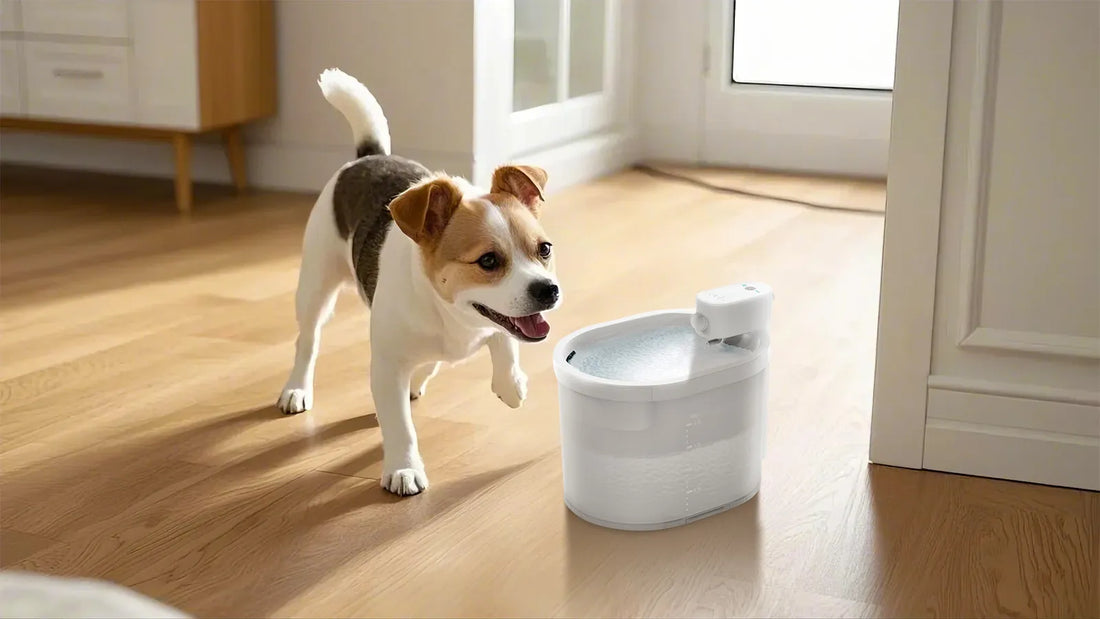If you’ve noticed your senior cat drinking a lot of water, it’s natural to feel concerned. While increased water intake can sometimes be harmless, it can also signal underlying health issues that require attention. Understanding the reasons behind this behavior and knowing when to seek veterinary care is crucial for ensuring your feline companion’s well-being.
Why Is My Senior Cat Drinking More Water?
As cats age, their bodies undergo various changes that can affect their hydration needs. Some of the most common reasons for increased water consumption in senior cats include:
- Kidney Disease: Chronic kidney disease is a prevalent condition in older cats. The kidneys lose their ability to concentrate urine, leading to increased thirst and urination.
- Diabetes: Senior cats are more prone to diabetes, which can cause excessive thirst as the body tries to flush out excess glucose.
- Hyperthyroidism: This condition, common in older cats, speeds up metabolism and can lead to increased water intake.
- Urinary Tract Infections: Infections can cause discomfort and increased thirst as the cat tries to flush out bacteria.
- Medications: Certain medications, such as diuretics, can increase thirst as a side effect.
When Should I Be Concerned?
While occasional increases in water intake may not be alarming, persistent or excessive thirst should not be ignored. Here are some signs that indicate it’s time to consult your veterinarian:
- Your cat is drinking significantly more water than usual for an extended period.
- There are changes in urination patterns, such as frequent trips to the litter box or accidents outside the box.
- Your cat shows other symptoms like weight loss, lethargy, or changes in appetite.
- You notice unusual behaviors, such as vomiting or diarrhea.
How Can I Help My Senior Cat?
If your senior cat is drinking a lot of water, there are steps you can take to support their health:
- Monitor Their Water Intake: Keep track of how much water your cat is drinking daily to provide accurate information to your vet.
- Provide Fresh Water: Ensure your cat has access to clean, fresh water at all times.
- Adjust Their Diet: Some senior cat foods are formulated to support kidney health and manage conditions like diabetes.
- Regular Vet Checkups: Routine veterinary visits are essential for early detection and management of age-related health issues.
What Will the Vet Do?
Your veterinarian will likely perform a series of tests to determine the cause of your cat’s increased water intake. These may include:
- Blood tests to check for kidney function, diabetes, or hyperthyroidism.
- Urinalysis to detect infections or other urinary issues.
- Imaging studies, such as ultrasounds, to assess organ health.
Based on the results, your vet will recommend a treatment plan tailored to your cat’s specific needs.
Preventing Excessive Thirst in Senior Cats
While not all causes of increased water intake can be prevented, there are steps you can take to reduce the risk:
- Feed a balanced diet that meets your cat’s nutritional needs.
- Encourage regular exercise to maintain a healthy weight and metabolism.
- Keep your cat’s environment stress-free to support overall well-being.
By staying proactive and attentive to your senior cat’s needs, you can help them live a healthier, more comfortable life.
If your senior cat is drinking a lot of water, don’t wait to take action. Early intervention can make a significant difference in managing potential health issues and ensuring your feline friend enjoys their golden years to the fullest.

![[🎃Halloween Sale]UAHPET Stainless Steel Self-Cleaning Cat Litter Box](http://www.uahpet.com/cdn/shop/files/1-cat-litter-box.jpg?v=1761890851&width=1600)












